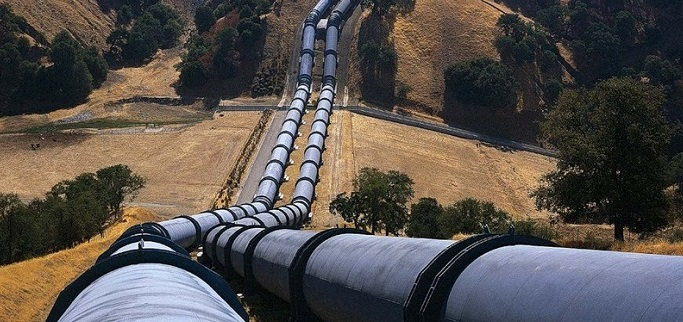
Practical information
China is facing a significant increase of its energy demand and has to deal with the critical issue of air pollution in its main cities. In this context, natural gas is becoming a key priority. Gas imports may triple by 2020 and China needs to secure and diversify its supplies and develop new energy partnerships. The country is also boosting its domestic production, notably in unconventional gas, and is committed in a difficult reform of natural gas prices. The aim of this event is to cover these developments and discuss their impacts on the Chinese energy market and on the international gas market.

Following the publication of Ifri’s note “Gas strategy of China: developing competition between national production and imports” by Sylvie Cornot-Gandolphe, the Ifri Center for Energy organizes a roundtable with Sylvie Cornot-Gandolphe, Associate Research Fellow at Ifri Center for Energy, Kevin Jianjun Tu, China Program Manager, International Energy Agency (IEA), Arnaud Erbin, International Director, European and International Affairs Direction, GDFSuez. Chaired by Marie-Claire Aoun, Director, Ifri Center for Energy.
The Seminar will be held in English
Other events
US-China-Taiwan Relations: What to expect in the Trump II era?
As tensions in the Taiwan Strait continue to rise, what will be the US strategy under the new Trump presidency?




